
Steps towards an Africa Forum for Development-Induced Displacements
Efforts to form an Africa Forum for Development-Induced Displacements (AfDiD) are being pursued by the Matabeleland Institute for Human Rights (MIHR). A steering committee comprising members from Zimbabwe, Lesotho, Swaziland, Mozambique, and Tanzania has been created and has drafted a … Read more

Prof. Sir Andy Haines – member of the Board of the Feyerabend Foundation – awarded the 2022 Tyler Prize for Environmental Achievement
Sir Andy Haines, one of the longest serving members of the Board of the Paul K. Feyerabend Foundation, was awarded early in 2022 the Tyler Prize— often referred to as the ‘Nobel for the Environment’. The award, which recognises … Read more
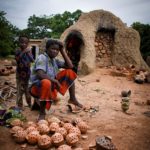
The Birifor language is alive and well in Burkina Faso!
Fifteen years ago, the Feyerabend Foundation supported a small initiative to promote the Birifor language as a key means of identity and solidarity among the Birifor people in Burkina Faso. At that time the language seemed to be spoken by … Read more
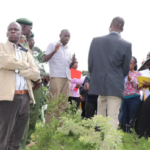
The Ogiek of Mt Elgon (Kenya) – recipients of one of our small grants in 2013 – win a landmark judgement after a 20-year struggle to secure their ancestral land rights
At the end of September 2022, we hear from our grantee Forest Peoples Programme that the Ogiek of Mount Elgon (Kenya) have just won their land right case in the relevant High Court! They filed a case in 2008 against … Read more
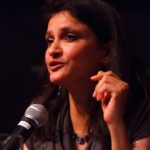
Anuradha Mittal: supporting the oppressed and exposing land grabbing with meticulous research, tenacious advocacy, and unflinching activism
For over three decades, Anuradha has been a powerful voice for those rendered voiceless by their own governments, relentlessly challenging failed development models and exposing corrupt governments and corporations. She has persistently advocated for meaningful systems change, uplifted impacted communities, … Read more
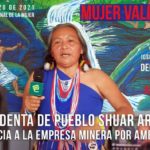
Josefina Antonieta Tunki Tiris – first woman President of the Shuar Arutam people of Ecuador, courageous defender of her territory of life in the face of polluting mining industry
In 2019, Josefina Antonieta Tunki Tiris— Tunki to her colleagues— was elected President of the Shuar Arutam people of Ecuador. Being the first woman President of her people, Tunki has a historic role and meets particular challenges, which she is … Read more
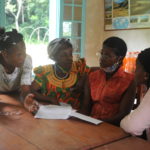
Working in self-determination and mutual solidarity, four villages in the Ogooué-Ivindo region of north-eastern Gabon document, manage, and defend their territories of life
Near the town of Makokou, the capital of the province of Ogooué-Ivindo in north-east Gabon, there are twenty villages inhabited mainly by the Fang and Kota ethnic groups. These villages have been obliged to group together, and distribute themselves along … Read more
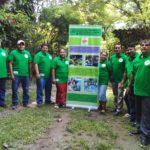
A ‘permanent solidarity’ process protects indigenous ancestral knowledge and native seeds in Ajuluco de Tenancingo, Buena Vista and Animas de Santa Cruz Michapa (El Salvador).
CESTA is an environmental organisation founded in August 1980 that since then, has been contributing to defend ecosystems and people’s wellbeing in El Salvador. It has done so by helping the communities affected by environmental conflicts to care for their … Read more
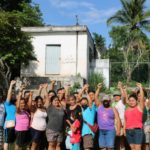
The guardians of the land (Kanan Lu’um Moo) of Chapab de las Flores (Yucatan, Mexico) confront polluting ‘development’ by taking control of their territory, promoting alternative livelihoods, and protecting their Mayan knowledge, customs, seeds, and ways of life.
Chapab de las Flores is an indigenous Mayan community located in the central-western part of the Yucatan Peninsula (Mexico), a region with rich biodiversity, abundant forest vegetation and water resources, thanks to the cenotes— natural pits resulting from the … Read more
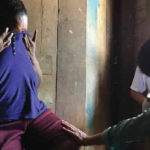
The Nicaragua Government closes more organizations defending indigenous and afro-descendant peoples in an attempt to silence their struggle for lands and lives
In March 2022 the government of President Daniel Ortega has revoked the legal status of 29 non-governmental organizations (NGOs), including two organizations founded by Indigenous and Afrodescendant Nicaraguans to defend their peoples’ autonomy and rights. This added to more than … Read more



